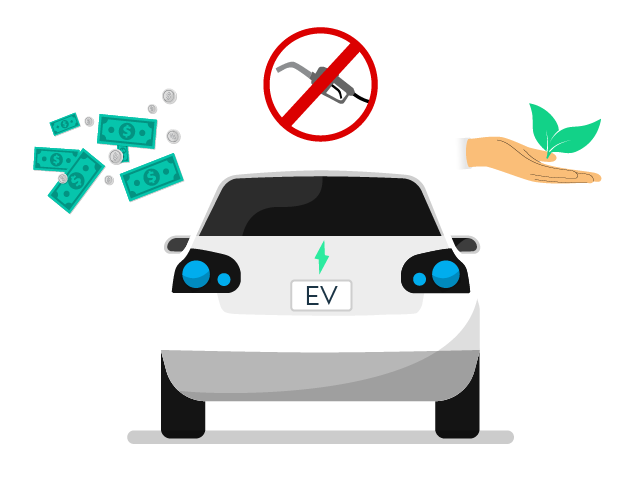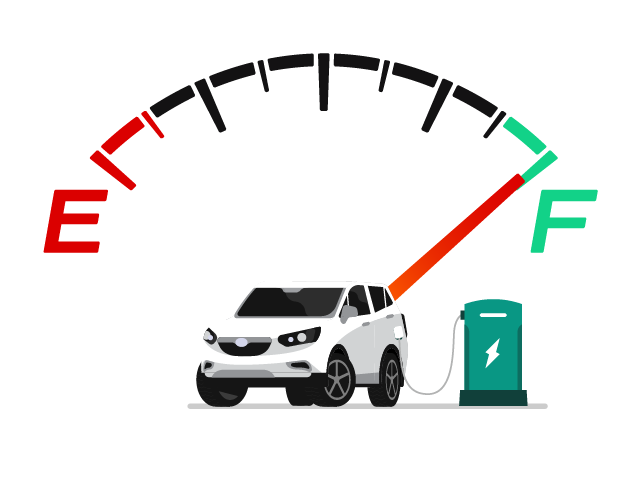Electric vehicle tax credits and rebates can help offset the sticker price of EVs at the dealership. There is a federal tax credit worth up to $7,500 for battery and fuel-cell EVs and plug-in hybrids that are assembled in North America and, after Jan. 1, 2023, that also meet strict rules regulating the origin of various battery materials. Various states also offer a variety of rebates and credits that can be worth up to $5,000. If you’re wondering what you might qualify for, it’s easy to check. For federal tax credit eligibility under terms of the Inflation Reduction Act of 2022 (IRA), check the Department of Energy’s regularly updated listing. For other federal and various state incentives for electric vehicles check the department’s alternative fuel center site under the “laws and incentives” tab. And don’t forget about your utility company, which may offer additional rebates.
Currently, the federal tax credit can be up to $7,500. Until 2023, the credit was limited to the first 200,000 qualified vehicles across their lineups, but that cap was lifted by the IRA. The tax benefit was recently modified by the Inflation Reduction Act through 2032, allowing for a maximum credit of $7,500 for new EVs and up to $4,000 (limited to 30% of the sale price) for used EVs.
The electric vehicle tax credit is a nonrefundable tax credit. This means it can lower your tax bill, but you won’t see any overages back in the form of a refund. To be absolutely sure of a vehicle’s provenance before committing to a purchase, enter its vehicle identification number, or VIN, on the tool provided on the federal VIN Decoder website – it will tell you in what country that specific car, SUV or truck was made
The IRA also established a tax credit of up to $4,000 for used EVS and PHEVS starting in 2023. That’s a first and it is intended to help lower-income individuals and families start driving electric. The used vehicles aren’t subject to the various country-or-original requirements that the IRA imposes on new electrified vehicles.
What about leases? Unfortunately, lessees of EVs can’t claim the federal tax credit, since the credit goes to the owner, and in a lease, the manufacturer owns the vehicle. The good news, however, is that dealers often pass on the savings in the form of a lower monthly payment. This can lead to some incredible deals on electric and plug-in vehicles, which can make them a compelling choice when compared to leasing a gas-powered car.
Read More: Everything You Need to Know About EV Tax Credits in 2023
Read More: How Electric Vehicles Save You Money












